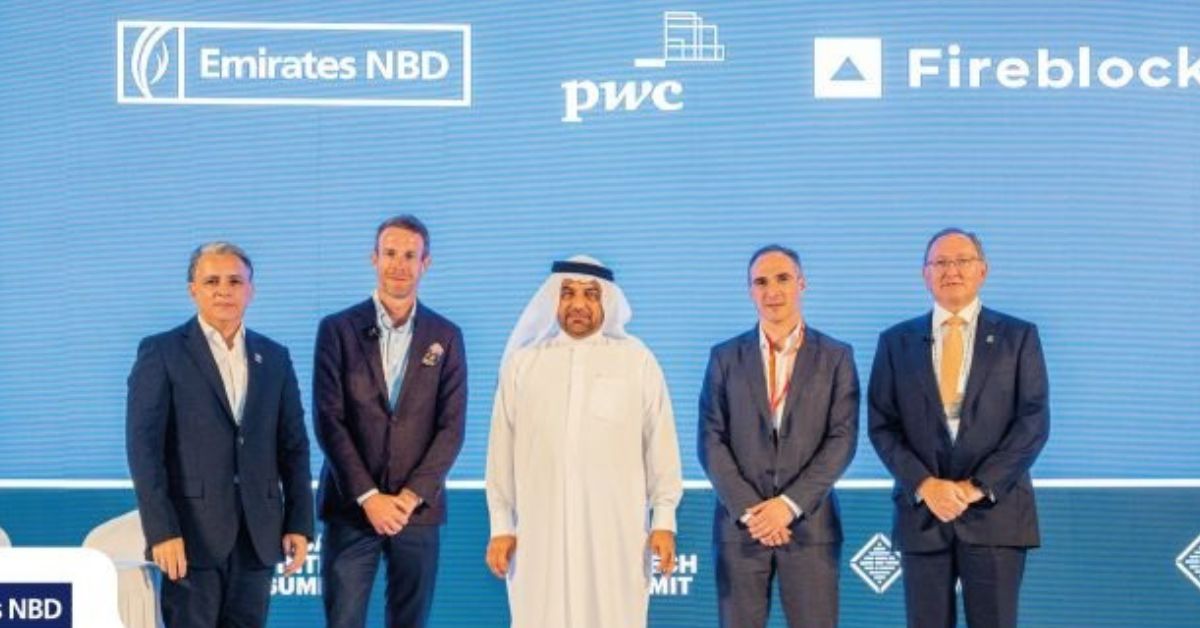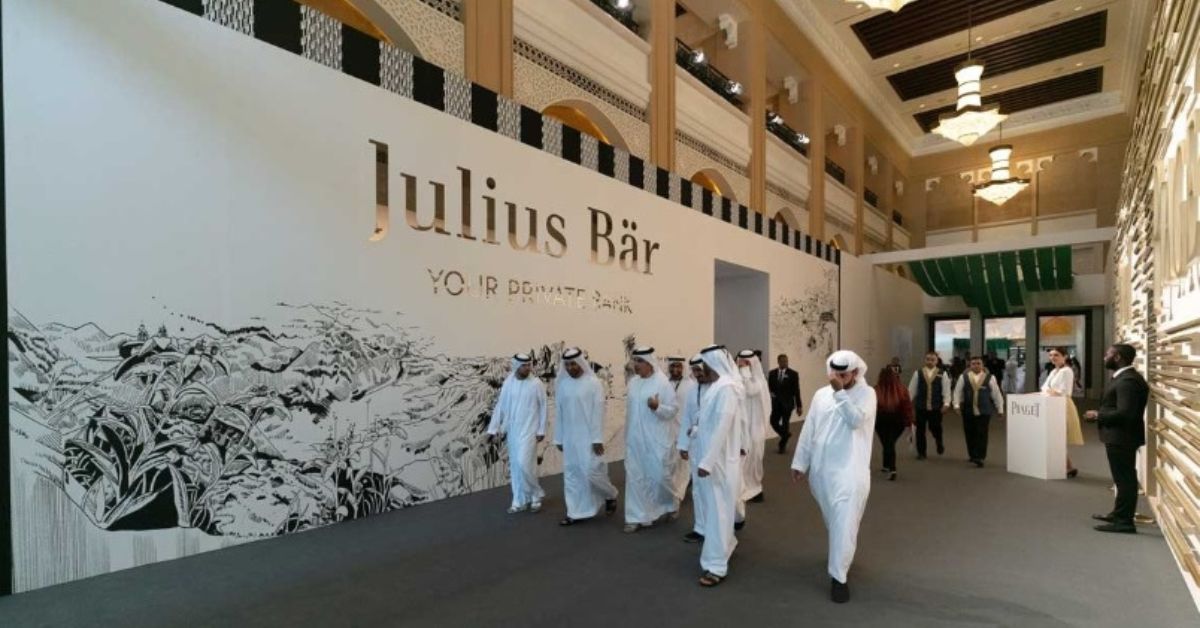DUBAI, UAE — The GCC region has long been recognized as a leader in embracing technological innovations. Over the past year, the GCC has made notable advances in digital infrastructure, especially in 5G, AI integration, and smart city initiatives. These developments are catalysts for a broader economic transformation.
This trend is set to significantly accelerate in 2024, with remarkable developments across various sectors reshaping the economic and social landscape.
“Technology is a key driver in the GCC and MENA region’s economic and social progress,” explains Dua Al Toobi, a UAE-based Omani author, tech executive, and TV presenter.
According to her, this sector promotes diversification from oil-dependent economies, spurs entrepreneurship, and creates new job opportunities. On a social level, technology improves access to education, healthcare, and government services, fostering a more inclusive society.

Al Toobi told TRENDS that the GCC and MENA regions are experiencing significant growth in fintech, e-commerce, and health tech.
“The rise of digital banks, digital wallets, and blockchain technologies exemplifies how fintech is transforming financial services,” she said. E-commerce thrives due to increasing digital penetration and changing consumer habits.
“Health tech continues its rapid advancement post-COVID-19, aided by telemedicine and AI-driven diagnostics,” she added.
In response to these challenges, the government and private sector are investing in digital literacy and forming public-private partnerships to establish strong frameworks for governing the use of these technologies, according to Al Toobi.

The top tech trends poised to redefine the GCC in 2024:
Generative AI: Prepare to be wowed by the transformative power of generative AI. Large Language Models (LLMs) will move beyond text generation, creating multi-modal outputs like images, audio, and video. Imagine personalized news feeds curated by AI, or bespoke music compositions tailored to your mood. The creative possibilities are endless, impacting media, marketing, and even education.
Integrated Construction Tech: 2024 will see widespread adoption of Generative AI in construction, allowing for rapid design iteration and optimization. Drones and robots equipped with AI and IoT sensors will revolutionize site monitoring, ensuring safety and boosting efficiency. Get ready for faster, more intelligent buildings rising from the desert sands.
Sustainable Technology: The construction industry sees a continuation of proactive adoption of environment-friendly practices and innovative solutions to mitigate environmental challenges. The commitment to sustainability is evident in its embrace of renewable energy technologies and these efforts also extend beyond infrastructure to incorporate electric vehicles and public transport into logistics planning. Additionally, the rising demand for green buildings reflects an industry-wide move towards sustainable practices, such as the use of eco-friendly materials and energy-efficient systems.
Cybersecurity Takes Priority: As digital infrastructure expands, so does the threat of cyberattacks. Governments and businesses will prioritize robust cybersecurity measures, investing in advanced threat detection and incident response systems. Data privacy will become a top concern, driving stricter regulations, and fostering a culture of responsible data handling.
These are just a glimpse into the tech revolution sweeping the GCC. The region is attracting global tech giants, fostering homegrown innovation, and nurturing a vibrant startup ecosystem. With government support and a commitment to building a knowledge-based economy, the GCC is poised to become a tech powerhouse, shaping the future not just of the region, but of the world.








